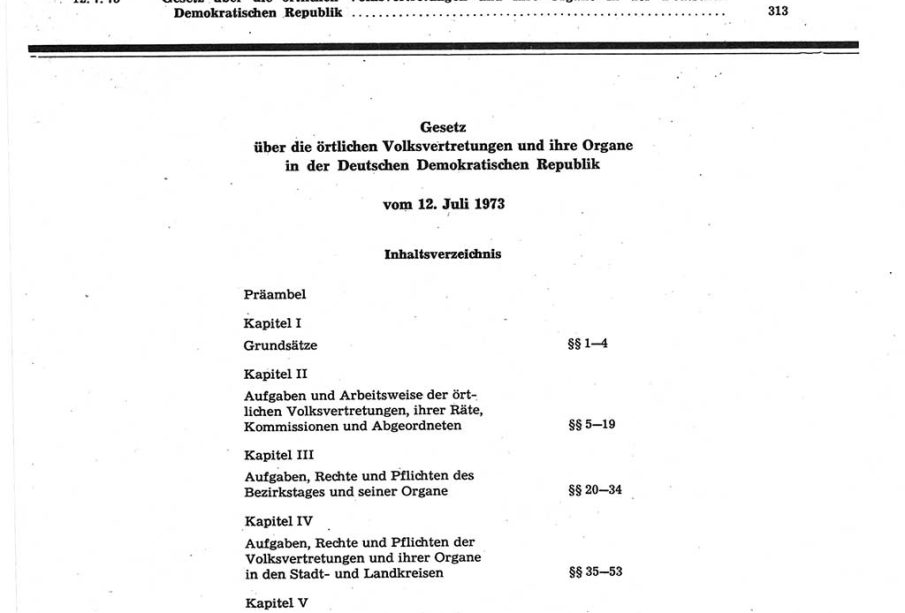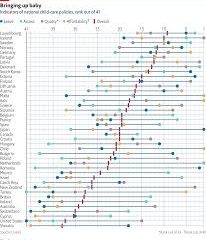An Overview of the SETE Framework

Introduction to SETE
The SETE framework, which stands for Social, Emotional, and Transcultural Education, has recently garnered attention in educational reform discussions. As the world becomes increasingly interconnected, the need for a comprehensive educational system that prioritises not only academics but also social and emotional well-being is paramount. The SETE approach aims to equip students with essential skills to navigate complex social landscapes and foster empathy and understanding among diverse cultures.
Key Components of SETE
SETE encompasses several vital areas:
- Social Education: This component focuses on interpersonal skills, communication, and collaboration. Educational systems are incorporating project-based learning and group activities to foster these skills.
- Emotional Education: Students are taught to understand and manage their emotions, improving their emotional intelligence. This includes mindfulness practices and resilience training.
- Transcultural Education: As classrooms celebrate diverse cultural backgrounds, transcultural education promotes respect and appreciation for various traditions and practices. Skills in intercultural communication are encouraged, preparing students to thrive in a global environment.
Current Implementation of SETE
Several schools across the UK have begun to implement the SETE framework. In 2023, the Department of Education launched a pilot programme in selected schools aimed at integrating SETE principles into the curriculum. According to the report from the department, schools that have adopted SETE report improved student interactions and a notable decrease in bullying incidents.
Conclusion: The Future of SETE
As education continues to evolve, the SETE framework is poised to play a crucial role in shaping the next generation’s approach to learning and interpersonal relationships. Educators and policymakers advocate for a broader adoption of SETE principles, projecting that schools committed to this holistic educational model will produce well-rounded students equipped for future challenges. In an increasingly globalised world, the importance of social, emotional, and transcultural education cannot be overstated, signalling a transformative shift in how we prepare young minds for tomorrow.








